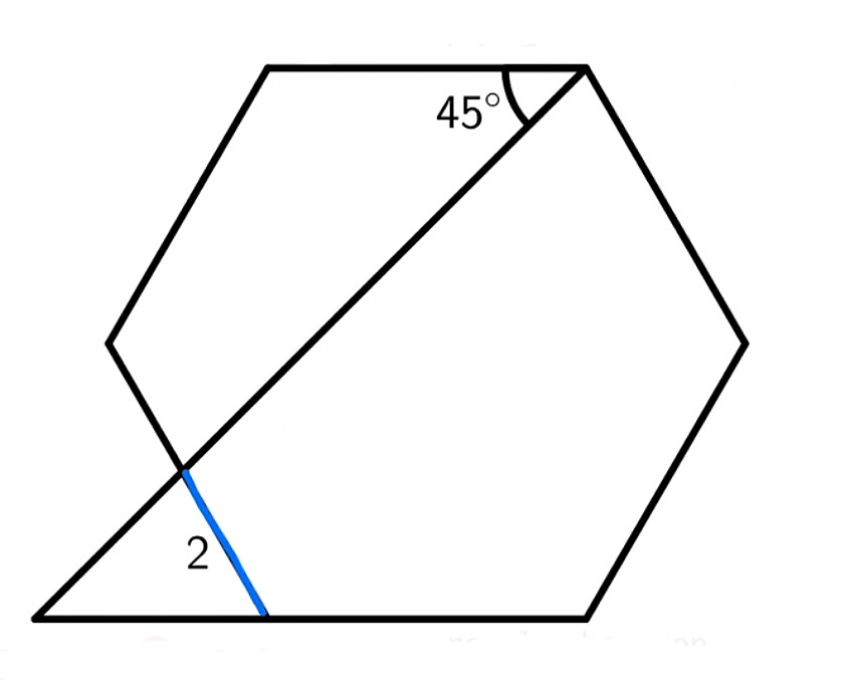
AllQuestion and Answers: Page 1
Question Number 207372 Answers: 0 Comments: 0
Question Number 207362 Answers: 2 Comments: 0

Question Number 207361 Answers: 1 Comments: 0
Question Number 207352 Answers: 1 Comments: 3
Question Number 207354 Answers: 0 Comments: 4

Question Number 207359 Answers: 1 Comments: 0
Question Number 207341 Answers: 2 Comments: 0

Question Number 207339 Answers: 2 Comments: 0
Question Number 207332 Answers: 1 Comments: 1
Question Number 207330 Answers: 1 Comments: 0
Question Number 207328 Answers: 1 Comments: 0
Question Number 207327 Answers: 1 Comments: 1
Question Number 207326 Answers: 0 Comments: 0
Question Number 207320 Answers: 1 Comments: 1

Question Number 207317 Answers: 2 Comments: 0
$${solve}\:{for}\:{y} \\ $$$$\frac{\mathrm{1}}{{y}'}+\frac{\mathrm{1}}{{y}''}=\mathrm{1} \\ $$
Question Number 207315 Answers: 1 Comments: 0
Question Number 207314 Answers: 1 Comments: 0
Question Number 207313 Answers: 0 Comments: 0
Question Number 207312 Answers: 0 Comments: 0
Question Number 207292 Answers: 3 Comments: 1

Question Number 207287 Answers: 0 Comments: 3

Question Number 207279 Answers: 0 Comments: 1
Question Number 207274 Answers: 1 Comments: 0
Question Number 207272 Answers: 0 Comments: 2
Question Number 207271 Answers: 1 Comments: 0
Question Number 207270 Answers: 1 Comments: 0
